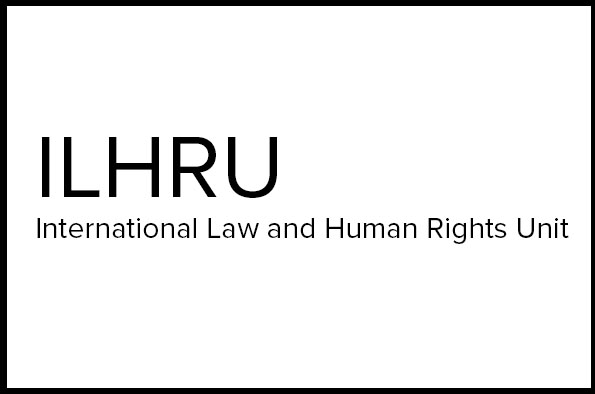
The Historical Trajectory of the European Court of Human Rights: Diplomacy, Subsidiarity and the Rule of Law
- Marketing, Recruitment and Events
- Admission: Free event. Please register on the link.
- Book now
Add this event to my calendar
Click on "Create a calendar file" and your browser will download a .ics file for this event.
Microsoft Outlook: Download the file, double-click it to open it in Outlook, then click on "Save & Close" to save it to your calendar. If that doesn't work go into Outlook, click on the File tab, then on Open & Export, then Open Calendar. Select your .ics file then click on "Save & Close".
Google Calendar: download the file, then go into your calendar. On the left where it says "Other calendars" click on the arrow icon and then click on Import calendar. Click on Browse and select the .ics file, then click on Import.
Apple Calendar: The file may open automatically with an option to save it to your calendar. If not, download the file, then you can either drag it to Calendar or import the file by going to File >Import > Import and choosing the .ics file.
Abstract:
This presentation will comprise three parts: Robert Spano will firstly discuss the four historical phases in the life of the ECtHR and their main conceptual elements. Secondly, he will give an overview of the main trends in the case-law during the current phase beginning with the coming into force of Protocol 14. Finally, he will reflect on the main challenges facing the Convention system in an era where the Rule of Law has, once again, become the primordial principle in international human rights law.
About the speaker:
Judge Spano combined academic and practitioners careers. Prior to his election to the European Court of Human Rights in 2013 he was a full professor and a dean of the Faculty of Law at the University of Iceland. He was a district court judge in Iceland, member of judicial supervisory board, member of the European Committee on Crime Problems and ad hoc judge of the EFTA Court. He is an author of a number of very influential publications discussing the European Convention on Human Rights and the European Court of Human Rights.
